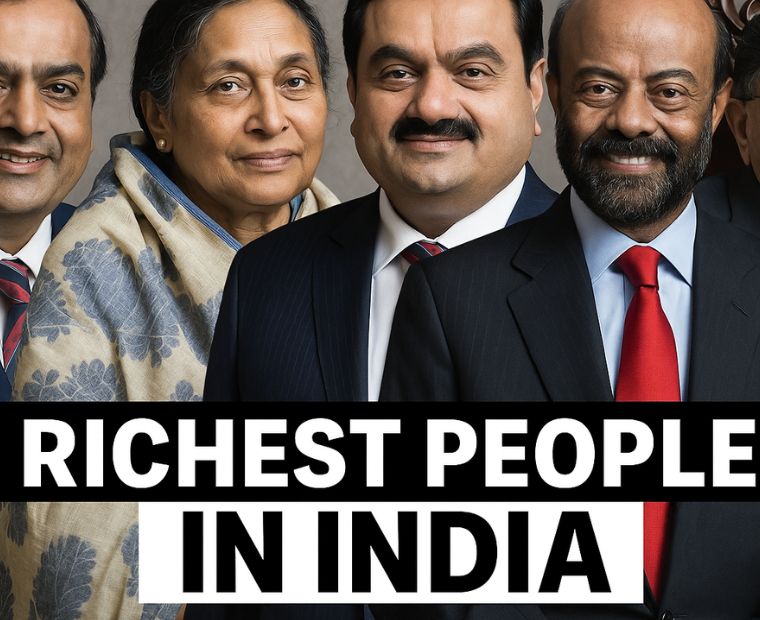
Table of Contents
Modified On:
Technological advancements in the sector of finance have changed the way how we save and invest in this era. Let's know about them.
Imagine what life would be without phones, computers or online shopping.
Technology has made the world easy, isn't it? The modern digital world has revolutionized insanely and so has the way of managing finances too.
In a way, it has made personal finance more productive and less time consuming.
With the introduction of emerging technologies and new advancements in finance, the industry has developed around how consumers and investors interact with their money. How well do you know your money?
We can agree on the fact that in the last decade, a whole lot of things have changed, to be more specific, it has modernized.
Disruption of technology has brought in an effect on how we talk, communicate, make purchases, do business and even save and invest.
Look around yourself, you will notice how technology has made our lives easier, more convenient, improved communication and also reduced errors.
Emerging technologies in the industry of finance have improved profitability and the financial services like chat bot and automation have reduced man-hours considerably.
Although the impact of the latest technology in the financial sector will be different based on the functionality that it holds, as a consumer, we can likely adapt and benefit from them accordingly.
Any new technology that helps us in the way we live, shop, sets off the financial planner in our brains and improves our living somehow.
We have a sneak peak of the latest technological advancements that will help you to put your money in the right places at the right time.
1. Automation in Financial Services
Imagine how easy life will be when all our bills are paid automatically! Even today a lot of us are using automated bill-payment methods for major expenses such as credit card bills and mortgages.
Also called the Robotic process automation or RPA is an efficient tool that is used for automation. The limited time in our day-to-day routine is something that this technology feature shall help with.
It helps us save time. A lot of people lately have been familiarized with the concept of direct deposit. Gone are the days of driving to the bank every payday.
Depositing and withdrawing money has now turned easy. The automation feature will save a part of the paycheck monthly.
How does it help you? With this technology you can put an emergency fund in a separate high yielding savings account.
You will be able to pay bills, send cheques, and also complete a list of other things.
It also helps in paying off the credit card bills and saves you from incur penalties, fines, thus increasing the interest rates.
In the present scenario, more and more people are automating their personal finances. It is advised that one must keep a track of the account activity.
Jar app has adapted this latest technology. Now, you will be able to save along with spending.
2. Blockchain
If you aren't living under a rock, you must have heard about blockchain technology.
Blockchain is a financial service technology of the upcoming era and it dwells in transforming the financial world.
Although, it is known to have an adoption rate that is less.
We will give you a well-known example of where this blockchain technology is applied- Bitcoin.
A lot of these major banks like JP Morgan Chase are using this technology.
Block chains help in checking money, processing it and even trade financing.
In a few years, it is assumed that blockchain will become a mainstream for making payments and reduce fraud around money laundering and easier processing of loans and smart contracts.
3. Mobile Payments
Mobile is the solution for everything, from buying groceries online to paying electricity or phone bills. Mobile payments are a new way of life.
Forget about paying late fees, with just a few clicks you have the power of scheduling a payment of anything and everything.
Why is it great? Well, there are more than one reason. Saves time, effort, human error, and also who can forget about the pain of stamps and envelopes?
Mobile payments not only helps to manage personal finances but it is also helpful for small businesses as it reduces the need to chase the money down.
It eliminates the possibility of extra labor behind the desk processing invoices. Additionally, it frees up human capital and distributes that saved amount among the customers.
There is also facial recognition in advanced softwares (for example if you are using the new range of iphones) which makes your transactions safer and faster.
4. Virtual Wallets
No more taking chillars around in your wallet. The millennials and the GenZs seldom carry cash nowadays in their wallets or purses.
Your next question might be, ‘So what? How are they saving money?’
Well, for starters let us bring to your knowledge that ATM withdrawal fees are a thing.
You can literally pay for breakfast and dinner, get a cab, book a movie ticket, all from a virtual wallet in your phone, apps like Paytm, GooglePay, PhonePe are some of the many apps that help you do the same.
Plus, you save a lot of time too and you will have money 24x7. So no more waiting in queues outside the ATMs or banks.
Transactions using virtual wallets are tracked so you can also analyze your spendings and investments.
5. Auto Investments
The feature of auto investment allows the user to put in money to an investment account automatically.
You can set it up at regular intervals, say everyday, once a week or even maybe month.
Funds shall be deducted automatically from the user’s paycheck or personal account.
It’s okay if dates woosh past you and you have no clue how you reached the mid of the month all of a sudden, we get it.
Quit worrying about your investing schedule.
Jar is here to help you invest money into Digital Gold.
Jar app automatically invests your spare change in 99.99% pure Gold, that is totally secured in world-class vaults and insured by Top banks of India.
It only takes 45 seconds to set up the account and you can start saving & investing with just Rs 1.

Save Money in Digital Gold

.svg)







.png)
.png)











.jpg)


